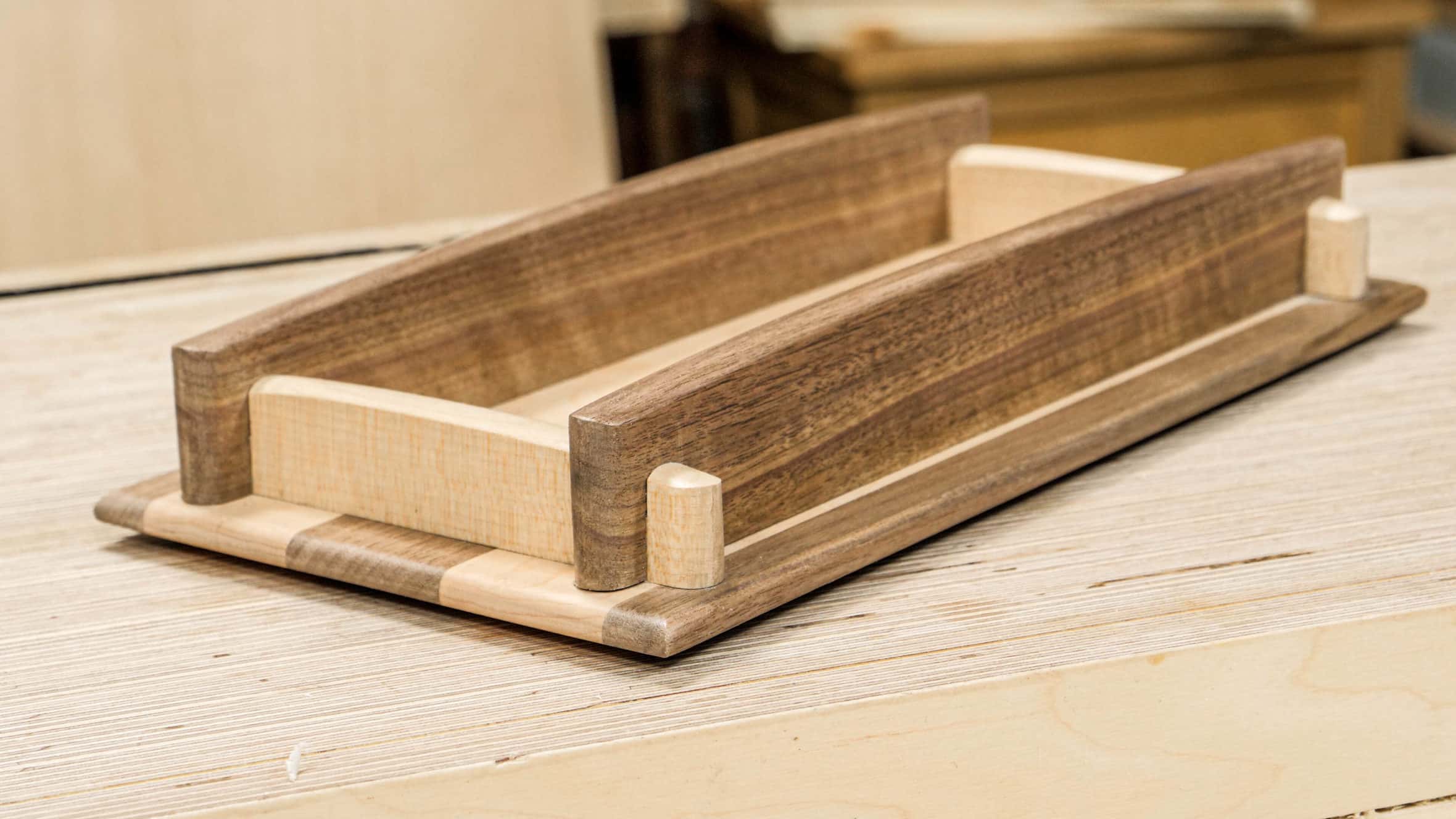
Ready to Get Your Hands Dirty? Basic Woodworking Projects to Build Your Skills
Hey there, fellow woodworkers! Whether you're a complete newbie or have dabbled a bit, it's always exciting to start a new woodworking project. But where do you begin? Picking the right project is key! You want something that will challenge you, teach you new skills, and leave you with something you'll actually use or be proud to show off.
That's why we've put together this guide to basic woodworking projects perfect for beginners. We'll walk you through everything from choosing the right tools and materials to picking the perfect project to kickstart your woodworking journey. Let's get started!
Getting Started: Gathering Your Tools and Supplies
Before you dive into any project, you'll need a few essential tools and supplies. Don't worry, you don't need a full-blown workshop to get started. Here's a basic list to help you get going:
- Measuring Tools: A tape measure, ruler, and a combination square are must-haves for getting your cuts precise.
- Cutting Tools: A handsaw is a good starting point for basic cuts. You can also consider a jigsaw for curves and a circular saw for straight cuts.
- Clamps: These are essential for holding your pieces together while you work.
- Sandpaper: Sanding is a crucial part of finishing your projects. Start with coarse grit for rough shaping and gradually move to finer grits for a smooth finish.
- Safety Gear: Don't forget safety glasses, ear protection, and work gloves!
Beyond these essentials, you might also find a hammer, screwdriver, and a drill helpful. As you progress, you can always add more tools to your arsenal.
Basic Woodworking Projects for Beginners
Now for the fun part â€" picking your first project! We've selected a few beginner-friendly options that cover different skills and allow you to showcase your creativity.
1. Simple Cutting Board
A cutting board is a practical and useful project that's perfect for beginners. You'll learn basic cutting and sanding techniques, plus you'll get to choose your favorite wood type.
- Skill Level: Beginner
- Materials: Hardwood like maple, walnut, or cherry, food-safe oil or finish
- Tools: Hand saw or circular saw, sandpaper, clamps, measuring tools
Tips:
- Choose a wood that's sturdy and resists scratches and cuts.
- Make sure your edges are smooth and free of splinters.
- Use a food-safe oil or finish to protect your cutting board.
2. Wooden Shelf
Looking to organize your space? A simple wooden shelf is a great project to build your confidence and add functionality to your home.
- Skill Level: Beginner
- Materials: Pine, plywood, or other affordable wood, screws, wood glue, shelf brackets
- Tools: Handsaw or circular saw, drill, measuring tools, tape measure
Tips:
- Choose a strong wood that can support the weight of the items you'll be placing on the shelf.
- Use wood glue and screws to secure the shelf to the brackets for added stability.
- Pre-drill holes for your screws to prevent splitting the wood.
3. Birdhouse
This classic project is both charming and a great way to practice basic woodworking techniques.
- Skill Level: Beginner
- Materials: Cedar, pine, or plywood, screws, wood glue, paint or stain (optional)
- Tools: Handsaw or jigsaw, drill, measuring tools, tape measure
Tips:
- Use a weather-resistant wood like cedar or pine for your birdhouse.
- Make sure the entrance hole is the right size for the type of birds you want to attract.
- Add a perch for the birds to land on.
4. Picture Frame
Framing your favorite photos or artwork is a simple project that lets you get creative with wood finishes and designs.
- Skill Level: Beginner
- Materials: Molding, miter saw or chop saw, wood glue, picture frame backing
- Tools: Miter saw or chop saw, measuring tools, tape measure
Tips:
- Use a miter saw for accurate 45-degree cuts, ensuring a clean, professional-looking frame.
- Choose a molding style that complements the picture or artwork.
- Use wood glue and clamps to secure the corners of the frame.
Important Tips for Success
Here are a few extra tips to help you tackle your woodworking projects with confidence:
- Start Small: Don't go for the biggest, most complicated project right away. Start with simple projects to gain experience and build your skills.
- Measure Twice, Cut Once: Accuracy is key in woodworking. Take your time measuring and double-check your measurements before making cuts.
- Practice Safety: Always wear safety glasses and ear protection when working with woodworking tools.
- Don't Be Afraid to Ask for Help: There are plenty of resources available online and in your community to help you with your woodworking projects.
And remember, woodworking is a journey, not a race. Enjoy the process, learn from your mistakes, and celebrate your successes!

0 comments:
Post a Comment
Note: Only a member of this blog may post a comment.